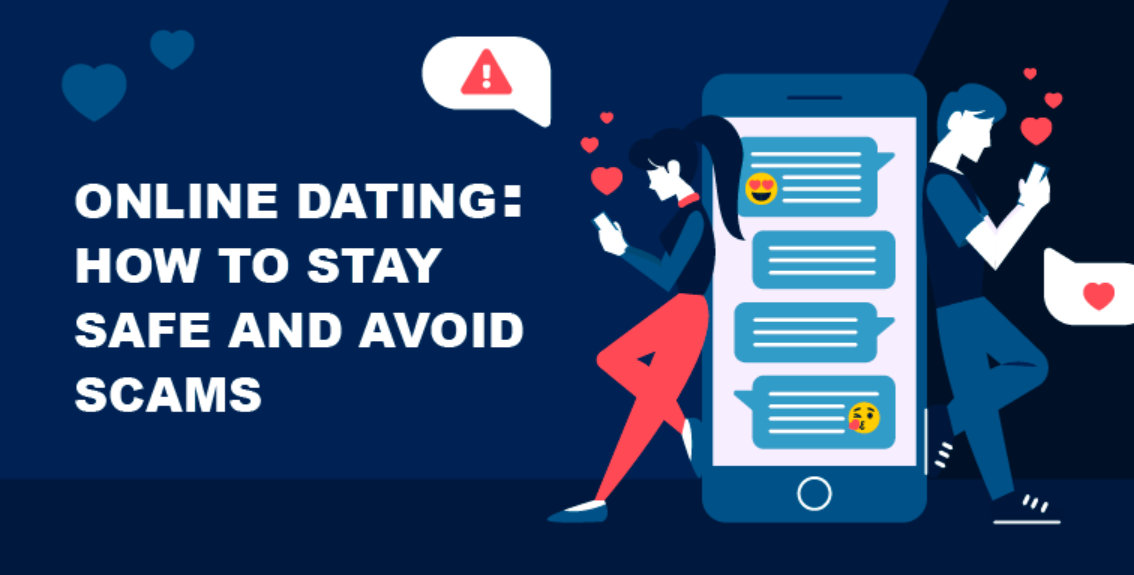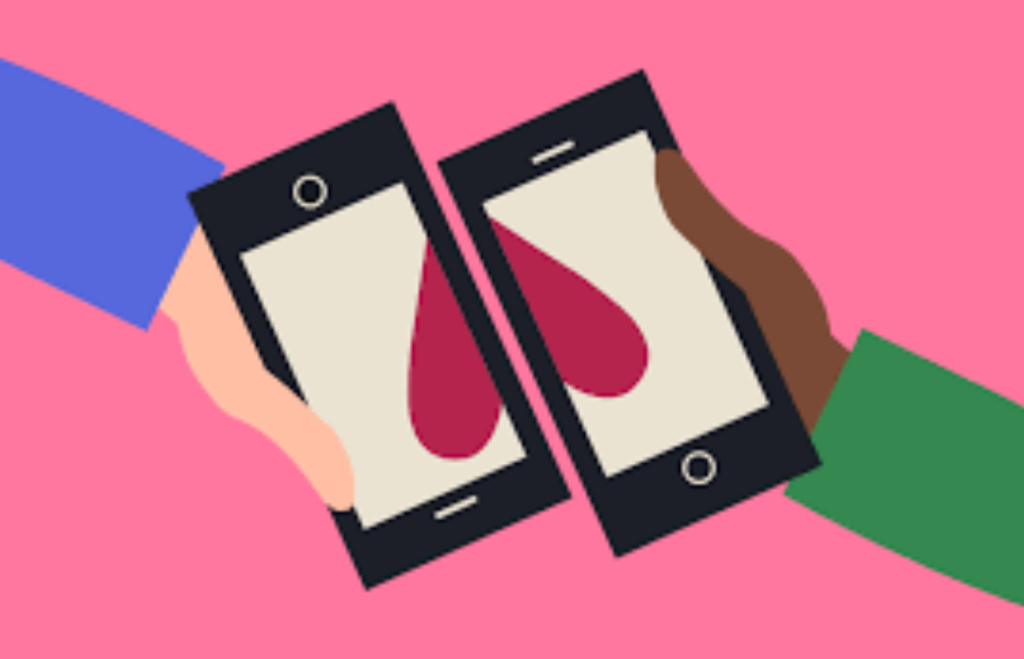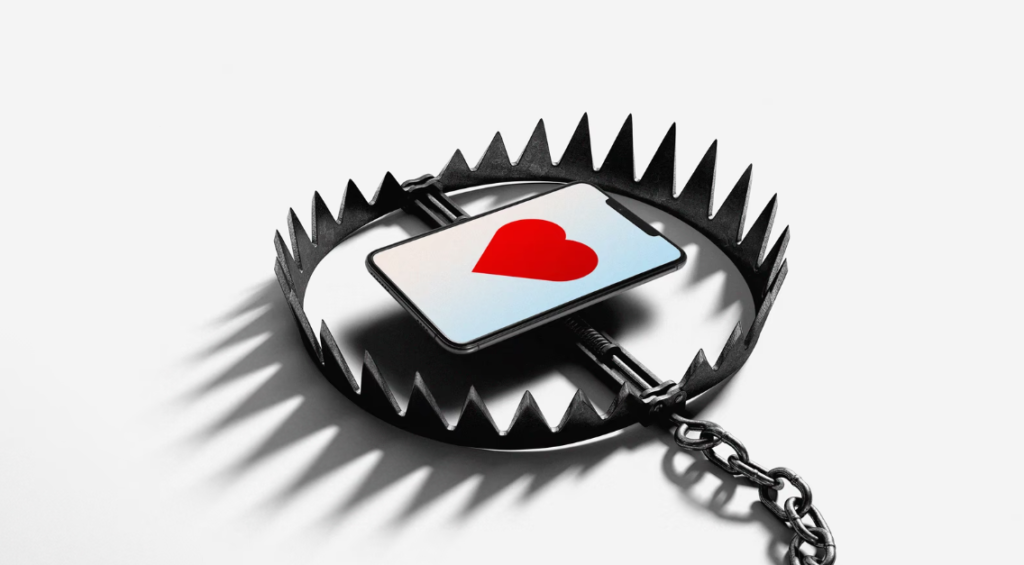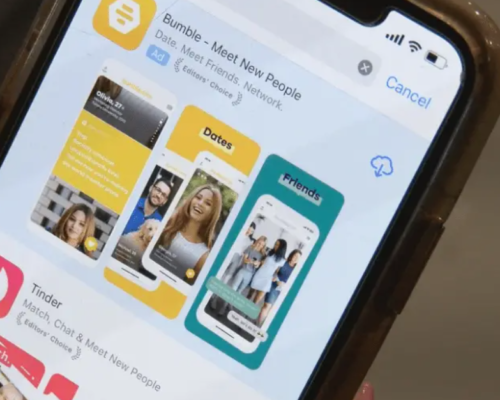
Online Dating in 2023 – The Numbers Risks and Safety Tips
Online dating is an increasingly popular way to meet potential romantic partners. However, it’s essential to be mindful of its risks.
About one-in-ten partnered adults – those who are married, living with a partner or in a committed romantic relationship – say they met their current spouse or partner on an online dating site or app.
Fraud
Online dating may be your best bet if you’re in the love market this Valentine’s Day. But before you take the plunge, it’s essential to be aware of the risks and safety tips associated with these platforms.
Fraud in online dating is a big problem, especially as the number of people using these apps continues to increase. According to the Federal Trade Commission (FTC), reported losses to romance scams have risen by 25% since 2019, with monetary losses reaching $547 million in 2021.
Many people use online dating to meet new people and find a partner. However, it’s also a convenient way for criminals to access your personal information.
Almost three in ten (29%) online daters share personal details with their matches, such as phone numbers and addresses. This could put them at risk for identity theft, financial fraud, and more.
Another significant issue is that some online dating sites need to do more to protect their users from security breaches. This makes it difficult for them to identify and prevent malicious actors; as a result of which, many people have been victimized by cybercriminals.
Men and women who use online dating are vulnerable to similar vulnerabilities, with both genders being at risk of having their photos stolen or their profiles compromised. This can lead to various issues, including identity theft, fraud, and cyberstalking.
As a result, it’s essential to know the warning signs of these types of crimes and be aware of what to do when they occur. The FTC offers a few tips to help keep you safe, and some tools can protect your identity when it’s in the wrong hands.
The first thing to do is ensure that your devices are protected against malware and ransomware. This can be done by installing a security solution that includes anti-malware, antivirus, and firewall protections.
Next, it’s essential to be aware of phishing scams. This is a type of online fraud where someone posing as a legitimate company sends you an email requesting you to click on a link or attachment. These links and attachments often contain malware or ransomware, so you should never click on them.

Identity Theft
As online dating apps and websites grow in popularity, the risks associated with them are increasing. This includes not only physical safety but identity theft.
If you’re going to meet people over an app, make sure you use your phone number to communicate with them. If you feel unsafe, you can report them, and the app or website will take care of it for you.
Many dating apps now let you connect your social media accounts to your profile so that potential matches can see the latest photos of you and they can find out what your interests are. However, if you’re not careful, you could be giving away a lot of personal information to random strangers just looking for a date.
This can lead to several different identity theft problems, such as damaging your credit score, deed fraud and tax fraud. A damaged credit score can prevent you from getting loans, mortgages or a job. If you’re a tax scam victim, you may even be in trouble with the IRS.
Malware can also be used to hack into your computer and steal your sensitive data. This can include your credit card numbers, bank account numbers and SSN.
Another way to protect yourself from identity theft is by signing up for credit monitoring. These programs can notify you of any changes to your credit file, such as a change in your credit score. They can also help you lock your credit file, which makes it harder for hackers to access your information.
If you still need to decide whether to sign up for a plan, try out a provider that offers a free trial. This will allow you to check out their features and decide if it’s worth your money every month.
Online dating is a great way to find someone to share your life with, but it’s important to remember that not everyone online is who they say they are. This is why it’s so important to be proactive and research a person before you start chatting with them. These tips will help you stay safe and enjoy your time on an online dating site or app!
Cyberstalking
If you’re worried that someone is stalking you on social media, there are several things you can do to help. First, you should report the harassment to your local law enforcement agency. You should also save any evidence, such as screenshots or emails. This will give you a better chance of proving your case and protecting yourself from future attacks.
Cyberstalking is a form of online abuse that can lead to serious harm, including mental health problems and physical abuse. It’s a crime subject to federal, state, and local laws in most countries, and it can be punished with jail time.
The victim can be anyone, including a current or former partner, an employer, a child, or a stranger. Often, the person stalked is unaware of the attack until it’s too late.

Stalking usually involves repeated and unwanted contact with the target in real life or online. It could be simple as sending an email or text message, but it could also include harassing phone calls and threats.
Often stalkers can often identify the victim from their social media profile images or address. Moreover, they may have access to the personal information you don’t want to share, such as your phone number or credit card number.
A common form of cyberstalking is catfishing. This occurs when a person creates fake profiles on social media or dating sites to get close to the victim and steal their photos or other personal information. This type of stalking can be a hazardous form of stalking, especially if the stalker is trying to blackmail the victim or use the data for some other purpose.
Another form of cyberstalking is identity theft. It’s illegal in the United States and is punishable by up to five years in prison.
In some cases, a cyberstalker might try to blackmail the victim by posting private information about them on their social media accounts or online forums. This could be as simple as a name or a photo, but it can also include a criminal record or medical information.
Abuse
Online dating has become an increasingly popular way to meet potential partners. While many people enjoy the experience, there is growing concerned about abuse on these platforms.
Abuse is a problem that can affect anyone, regardless of age or background. It can be physical, sexual or emotional. It can even include stalking.
There are several ways to identify abuse and help someone get the support they need. The most important thing is to be there for them. Talk to them about their feelings and tell them you’re there for them if they need you.
One of the most common forms of dating abuse is digital abuse, which involves using technology to communicate about sexual or romantic situations. This includes messages, photos and videos sent through the internet.
It’s widespread on social media. Some women have created Facebook groups to warn other women about men they’ve met online who may be abusive. The posts often contain pictures and names of the perpetrators.
This type of dating abuse harms the victim, as well as others around them. It’s a form of violence that can lead to suicide, increased substance use and mental health problems.
The Australian Institute of Criminology found three-quarters of app users who responded to its survey had experienced some form of abuse from people they’d met on dating apps in the last five years. The most common types were sexual harassment, image-based abuse, and threatening or harassing messages.
Some online dating apps, such as Bumble, have introduced features to combat online abuse, such as free trauma support and an AI-driven part that blurs indecent images. But the problem still exists, and some experts warn that online abuse can be more severe than in-person attacks.
Despite their good intentions, dating apps can act as catalysts for online abuse and sexual violence. This article reviews the emerging research on technology-facilitated sexual violence and proposes a set of guidelines for dating apps to address this.
The government is planning a national roundtable to discuss how to stop the abuse of dating apps. Communications Minister Michelle Rowland and Social Services Minister Amanda Rishworth will be joined by eSafety Commissioner Julie Inman Grant, state and territory ministers and representatives from dating apps including Match, Bumble and Grindr. The roundtable will look at preventing the exploitation of these apps, supporting their users who experience harm and efforts to improve the safety of these platforms.








